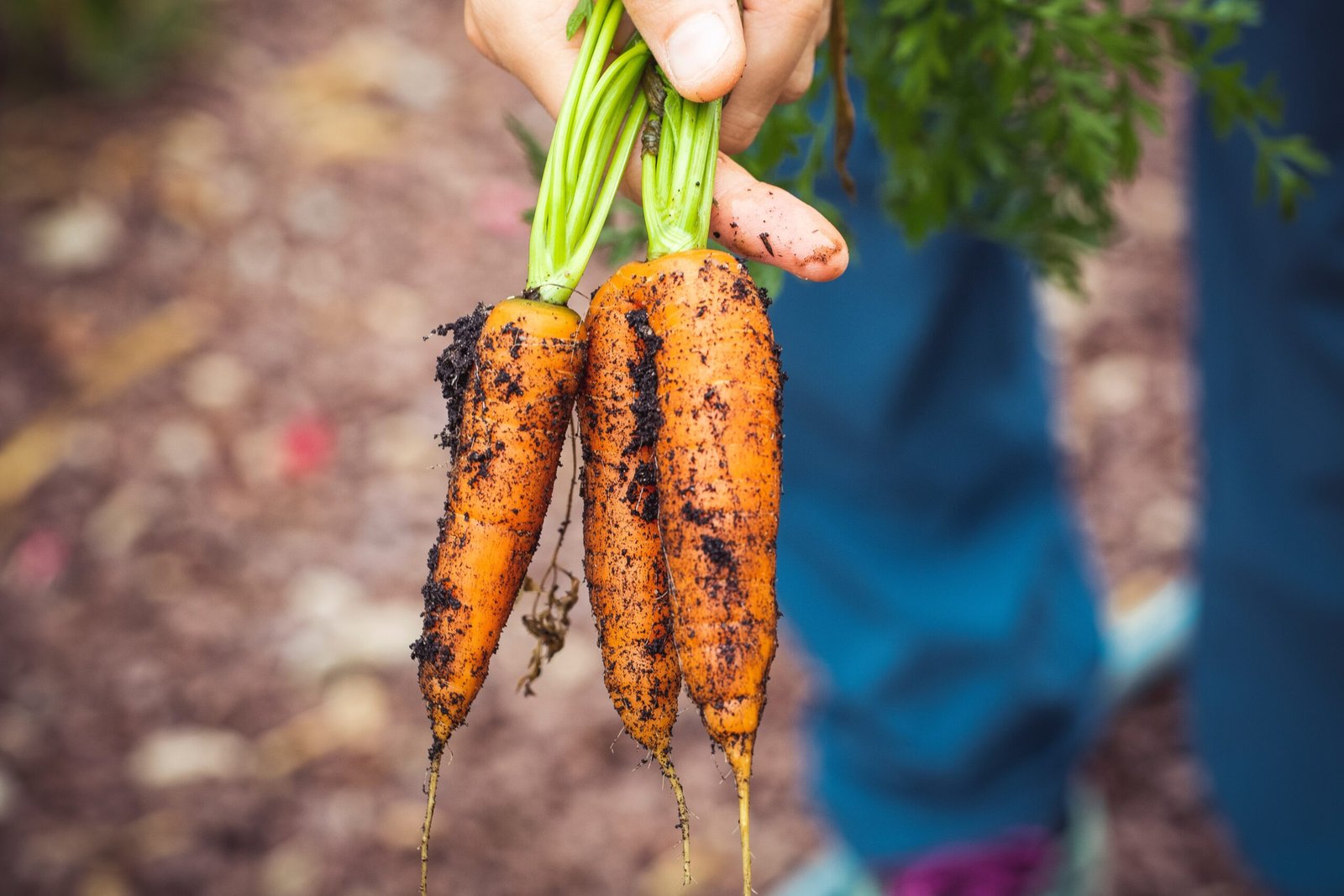Sustainable Food Innovation: Shaping the Future of Healthcare
Introduction:
Did you know that the food we eat plays a crucial role not only in our personal well-being but also in the sustainability of our planet? As the world grapples with the challenges of climate change and resource scarcity, sustainable food innovation has emerged as a key solution to address these pressing issues. In this blog post, we will explore the current trends in sustainable food innovation and how they are shaping the future of healthcare.
1. Plant-Based Diets:
One of the most significant trends in sustainable food innovation is the rise of plant-based diets. As people become more conscious of the environmental impact of animal agriculture, they are opting for plant-based alternatives. According to a recent report, the global plant-based meat market is projected to reach $35.4 billion by 2027, with a compound annual growth rate of 15.8%. This shift towards plant-based diets not only reduces greenhouse gas emissions but also promotes healthier eating habits, leading to a lower risk of chronic diseases such as heart disease and diabetes.
2. Food Waste Reduction:
Another critical aspect of sustainable food innovation is the reduction of food waste. It is estimated that one-third of all food produced globally is wasted, contributing to significant environmental and economic losses. Innovative technologies and practices are being developed to tackle this issue, such as smart packaging that extends the shelf life of perishable foods and food redistribution platforms that connect surplus food with those in need. By reducing food waste, we can conserve resources, reduce greenhouse gas emissions, and alleviate hunger.
3. Precision Agriculture:
Precision agriculture, also known as smart farming, is revolutionizing the way we produce food. By leveraging technologies such as sensors, drones, and data analytics, farmers can optimize the use of resources like water, fertilizers, and pesticides. This not only increases crop yields but also minimizes the environmental impact of agriculture. According to a study, precision agriculture techniques can reduce water usage by up to 50% and pesticide usage by up to 95%, leading to improved water quality and biodiversity.
4. Vertical Farming:
With the global population expected to reach 9.7 billion by 2050, traditional farming methods may not be sufficient to meet the growing demand for food. Vertical farming, a practice that involves growing crops in vertically stacked layers, offers a sustainable solution to this challenge. By utilizing indoor environments and advanced lighting systems, vertical farms can produce crops year-round with minimal water usage and land requirements. This innovative approach to farming not only reduces the carbon footprint associated with transportation but also ensures food security in urban areas.
5. Cultured Meat:
Cultured meat, also known as lab-grown meat or cell-based meat, is an emerging trend in sustainable food innovation. Instead of raising and slaughtering animals for meat, cultured meat is produced by growing muscle tissue in a lab. This technology has the potential to reduce the environmental impact of traditional meat production significantly. According to a study, cultured meat production could reduce land use by 95%, greenhouse gas emissions by 78%, and water usage by 96% compared to conventional meat production.
Conclusion:
The current trends in sustainable food innovation hold immense promise for the future of healthcare. Plant-based diets, food waste reduction, precision agriculture, vertical farming, and cultured meat are just a few examples of the innovative solutions being developed to create a more sustainable and healthier food system. By embracing these trends, we can protect our planet, improve public health, and ensure a brighter future for generations to come.
Call to Action:
Join the sustainable food revolution today! Start by incorporating more plant-based meals into your diet, reducing food waste, and supporting local farmers and businesses. Together, we can make a positive impact on our health and the planet. Don’t forget to share this article with your friends and family to spread the word!
FAQs:
Question 1: What are the benefits of a plant-based diet?
Answer: A plant-based diet can reduce the risk of chronic diseases, promote weight loss, and lower greenhouse gas emissions.
Question 2: How can I reduce food waste at home?
Answer: Plan your meals, store food properly, and repurpose leftovers to minimize food waste.
Question 3: What is precision agriculture?
Answer: Precision agriculture is the use of technology to optimize farming practices and minimize resource usage.
Question 4: How does vertical farming work?
Answer: Vertical farming involves growing crops in vertically stacked layers using indoor environments and advanced lighting systems.
Question 5: What is cultured meat?
Answer: Cultured meat is meat produced by growing muscle tissue in a lab, eliminating the need for traditional animal agriculture.
Question 6: How can I support sustainable food innovation?
Answer: Support local farmers, choose sustainable food options, and advocate for policies that promote a more sustainable food system.
Tips:
– Try incorporating Meatless Mondays into your weekly meal plan to reduce your meat consumption.
– Shop at farmers’ markets to support local farmers and access fresh, seasonal produce.
– Educate yourself about the environmental impact of different food choices and make informed decisions.
Key Points:
– Sustainable food innovation is crucial for addressing climate change and resource scarcity.
– Plant-based diets, food waste reduction, precision agriculture, vertical farming, and cultured meat are key trends in sustainable food innovation.
– These trends promote environmental sustainability, improve public health, and ensure food security.
Call to Action:
Join the sustainable food revolution today! Start by incorporating more plant-based meals into your diet, reducing food waste, and supporting local farmers and businesses. Together, we can make a positive impact on our health and the planet. Don’t forget to share this article with your friends and family to spread the word!









